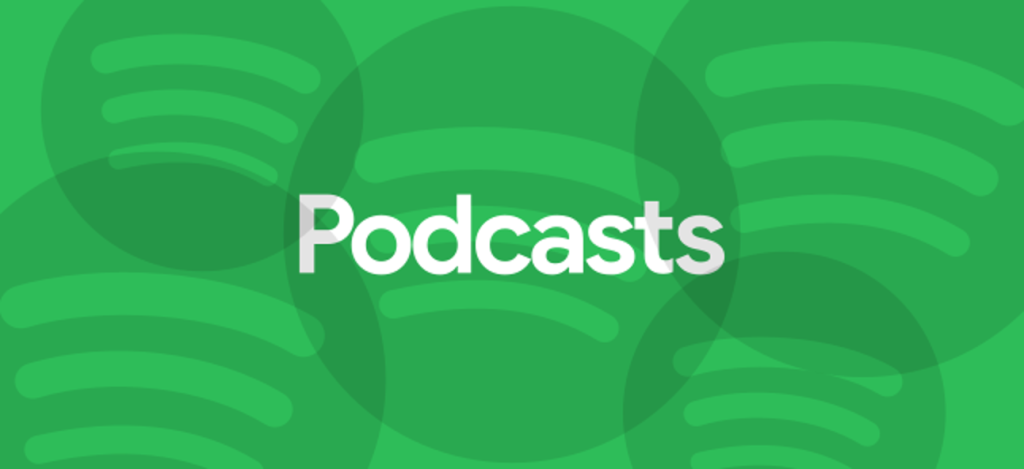
Spotify has been studying brain activity to optimize its digital audio ads. The music and podcast streaming company partnered with Neuro-Insight, a neuroanalytics company, to conduct a study of more than 600 participants. During the study, participants listened to a wide range of genres, including rock, Latin, rap, and more, while digital audio ads played in between. Simultaneously, researchers measured their brain activity to analyze the response to stimulus using SST, or steady-state topography, which was developed by Neuro-Insight founder Richard Silberstein.
According to Silberstein, SST can “tap the speed of different parts of the brain very sensitively, and by virtue of the fact that different parts of the brain are specialized for different functions, we’re able to infer psychological processes.”
The Findings
The study suggests that digital audio ads can invoke more mental engagement and emotional activation when compared to other types of advertising. Researchers found that digital audio engaged long-term memory and triggered memories. Different genres had different effects as well. For example, rap produced more engagement, while genres like rock produced a greater emotional intensity.

Spotify also tested podcast genres during the study and found similar results. Podcasts with stories about people like The Journal activate engagement and detail memory. Lighter entertainment podcasts like Armchair Expert with Dax Shepard activate more global memory. Easy listening podcasts like The Bill Simmons Podcast provided a well-rounded engagement experience for listeners.
John Gibs, the Global Director and Principal Data Scientist at Spotify said the goal of this study “is to use signals like this to make sure we’re serving music and podcasts to the user that they want before they know they want it.”





